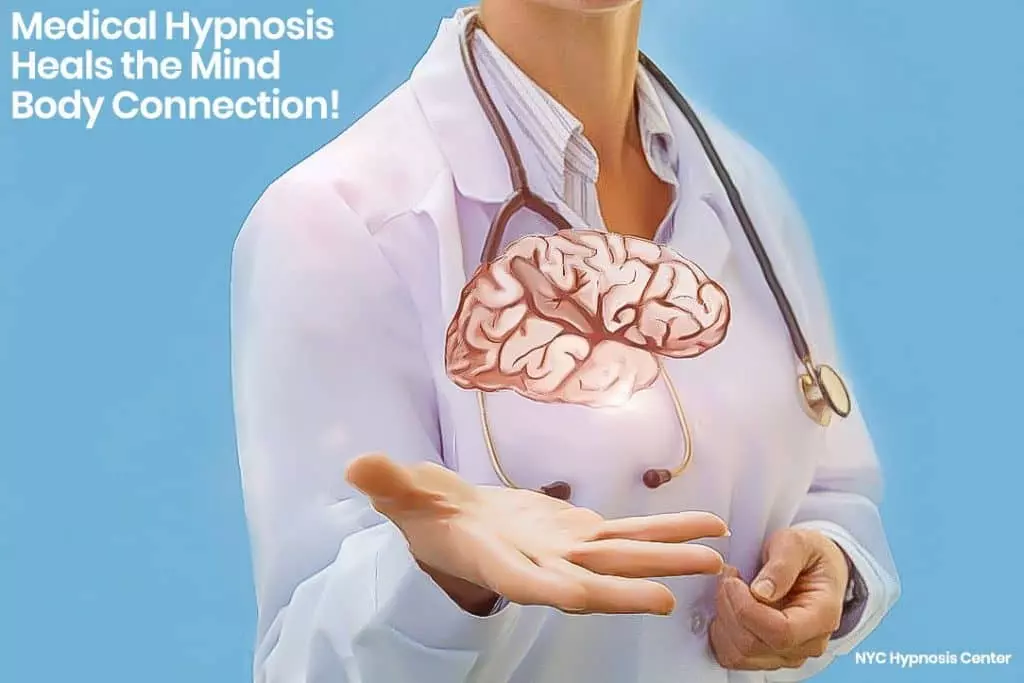
Imagine being able to breathe easily with hypnosis for asthma…
Asthma affects 25 million people in the United States and it is not easy to live with. Asthma symptoms make it hard to go to work, exercise, or live a normal life. You are always afraid of having an asthma attack without your inhaler nearby. If you have adult or childhood asthma, living a normal life can be difficult.
“Do you suffer from wheezing, chest tightness or coughing?”
“Are you afraid of having an asthma attack again?”
“Is asthma keeping you from living your life?”
In the United States, more than 4 million people suffer from childhood asthma. While some people grow out of this problem, there are still many adults who suffer with asthma. Asthma symptoms can cause coughing, wheezing or shortness of breath. In severe cases, they can cause an asthma attack. If you are one of the adults with asthma, you may be afraid of working out or going new places. You never know what will trigger another attack.
Imagine . . .
Freedom from the coughing and shortness of breath.
Being able to run again.
Feeling relaxed without having to worry about an attack.

Asthma episodes can be very stressful. They can create anxiety and fear. If someone for example had a severe asthmatic experience that resulted in hospitalization, that can trigger a tremendous amount of anxiety and fear during the next asthma episode. This may result in exacerbating the symptoms for instance shortness of breath and wheezing. Hypnosis for asthma addresses the emotional component. This gives the individual the tools they need to control the anxiety and stress that are so common.
Scientific Data that Supports Utilizing Hypnosis for Asthma
Each day, 30,000 people have an asthma attack. This chronic illness can be scary, but it can be treated. In research studies, alternative treatments were found to help. Yoga, relaxation, stress management and hypnosis helped asthma patients. In one study, asthma patients were given hypnosis for asthma. Out of the patients who were responsive to hypnosis, 74.9 percent saw an improvement.
The mind can affect your symptoms. Lowering your stress can reduce the number and severity of the symptoms. Through hypnosis for asthma, you enter a totally natural mental state. In this trance-like state, you can work with the subconscious mind. It uses positive suggestions to change how you react to stress.
How Hypnosis Can Help
Hypnosis can help in a variety of ways. Through relaxation techniques, suggestions, guided imagery and a shift in how one views their condition, it can lessen symptoms and anxiety. Furthermore, it can change your beliefs about your condition and how it affects your daily life. More research demonstrates hypnosis facilitates the management of anxiety. Anxiety and stress can actually worsen obstruction of the airway. In placebos studies for asthma, it appears that some symptoms were triggered because certain expectation levels and beliefs were established when the placebos were introduced.
There is a lot of research and data that support the use of hypnosis for asthma as successful. In a nutshell, it can alleviate symptoms and shift perspective about one’s asthma. For example, it helps relax the breathing. Hypnosis also provides essential tools and strategies that deal with the anxiety and stress associated with this condition. The mind is incredibly powerful. Hypnosis allows you to access your subconscious. This is where people hold their deep-rooted fears and beliefs. It has the power to shift your beliefs and behavior in relation to your condition. Accessing that part of your mind is essential to initiate long lasting change.
Hypnotherapy for Children with Asthma
In one study of children with asthma, the children had 50 percent fewer symptoms when they used hypnosis. Asthma medication causes side effects, so it is important to limit how often you need it. With hypnosis, you can reduce the number of times you need medication. Hypnotherapy for asthma can reduce your symptoms so you can breathe again.
Recent Data
The more recent data primarily utilizes hypnotic relaxations methods and teaches self-hypnosis. This can be very useful when the asthma has a physiological component. It gets the breathing under control. In addition, data looks at the possible psychosomatic element of asthma in which anxiety can be a factor or trigger in initiating an episode. Children suffering from asthma are shown to have higher levels of anxiety and dependency on others. It can greatly affect their confidence as well. Educating doctors and parents on how to give positive suggestions and calm the child down is vital. This can facilitate relaxation during episodes. Some individuals feel as if they are choking when suffering from an asthma episode so word choices and approach is important in lessening triggers. For example, it is better to use the term asthma episode rather than asthma attack.
Clinical Evaluation of Hypnosis for Asthma
Participants ranged from age 10 to 60 in this clinical study. It looked at the impact of hypnosis for asthma patients. One group received hypnosis and the other was given relaxation techniques. Both groups used a diary where they reported their symptoms as well. Independent clinicians evaluated the subjects, keeping in mind they were unaware of the treatment plan particulars. Results showed 59% of the hypnosis participants asthma was “much better” which was determined significant. Doctors that had prior experience with hypnosis showed more favorable results. Gender did not appear to be a factor.
Preschool Study of Hypnotherapy for Asthma
Preschoolers and their parents participated in a study. It was a 7-session program that incorporated a variety of hypnotherapy for asthma techniques centered around relaxation and guided imagery. Furthermore, the objective was to provide skills in which they are better able to self-manage the asthma. The results were very positive. Doctors’ visits related to asthma were reduced when evaluated a year after completion of the program. In addition, the severity of symptoms dramatically improved. The children applied healthy coping skills developed during treatment.

The mind and body are closely connected. How your mind feels can change what happens in the body. When you use hypnosis, you directly work with the mind. You change how the mind processes stress, fear and anxiety. Instead of panicking, you feel relaxed. This helps you keep your airways open when symptoms begin. Stress management techniques like hypnosis have been successful at treating asthma.
No one deserves the pain and discomfort of living with asthma. While you cannot remove the chronic condition, you can make it better. Through hypnosis, you can limit the symptoms you have. You can relax and breathe easier. You train your mind to feel calm and stress-free. As a result, your body is able to handle exercise, stress and daily life better.



